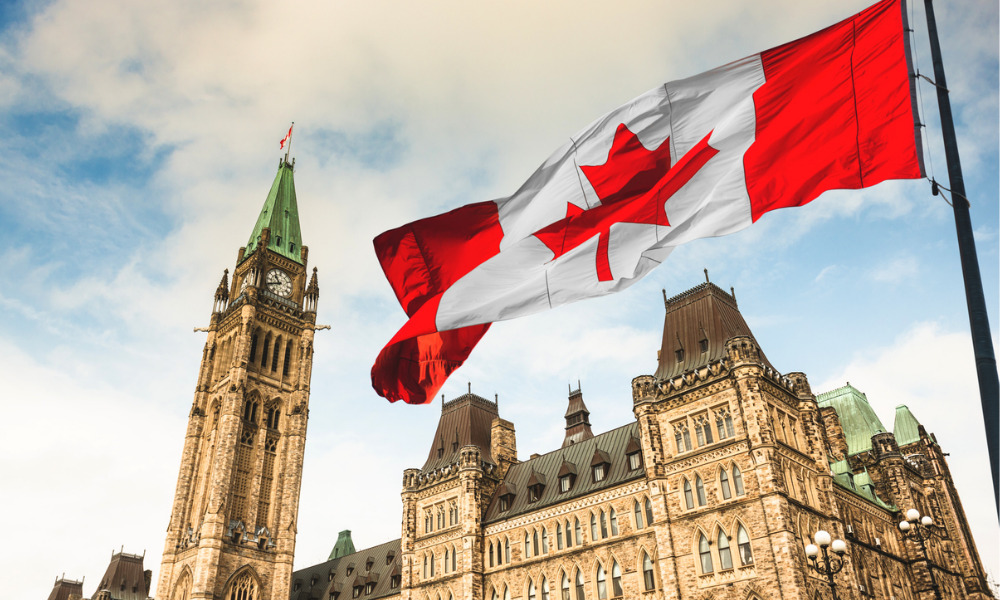Home prices need to fall a lot further to help would-be homebuyers enter the market

While the housing market in Canada may be correcting, it is doing little to tackle the country’s affordability crisis. Given current interest rates, homeownership remains out of reach for many Canadians. Here is everything you need to know about the current state of Canada’s housing market.
What is happening with the Canadian housing market?
The Canadian housing market is showing signs of cooling off—as interest rates have started to increase, sales volumes and listings have decreased. For most Canadians priced out of the market, however, even a significant drop in prices will not make homeownership any more likely.
Even by the standards of white-hot housing markets like Toronto and Vancouver, increasing home prices since the beginning of the COVID-19 pandemic have been remarkable. The national average rose by 31.2% since the beginning of the pandemic, according to the National Bank’s home price index.
Throughout the subsequent two years, the issue of supply and demand has led to some unnerving stats. In Halifax, for instance, home prices have risen by 65% during that time. In Hamilton, prices rose by 55.4% and in the Ottawa region, prices jumped 39.8%. The housing market cooled off after the Bank of Canada hiked its lending rate by 0.5% in April, prompting major banks to follow. That boosted the amount charged to borrowers.
Falling house prices: is it not yet enough?
While the slowdown continues, home prices have already increased to such near-astronomical levels that even a major correction would not be enough for most Canadians to enter the market, especially given current interest rates. In fact, housing remains the least affordable it has been in 30 years - since the height of the housing bubble in the 1980s and the 1990s - according to recent reports from the National Bank of Canada and the Royal Bank of Canada.
In the two years since the beginning of the coronavirus pandemic, the average selling price of a home in Canada increased by roughly 40%. In the short term, economists suggest the Bank of Canada’s interest rate hikes will continue to inflate homeowner costs. These higher interest rates will impact every homebuyer across Canada, but the most expensive markets—think Vancouver and Toronto—will be hit especially hard, which could push housing affordability to near record levels.
For this reason, most potential homebuyers are continuing to rent—which, in turn, is adding upward pressure in the rental market. In Vancouver and Toronto, advertised rents have increased as much as 26% throughout 2022, according to reports by Rentals.ca.
With the average sales price of a Canadian home falling nearly 20% since February to roughly $665,000 in June (1.8% less than the same time last year), the drop in home prices appears to be good news for homebuyers and bad news for homeowners. From an affordability standpoint, however, rising mortgage rates are causing major headaches. After the Bank of Canada’s rate hike in July, the mortgage payment on an average home in Ontario, for instance, had increased by over 50% since the beginning of 2021. In dollar figures, that amount went from $3,000 to $4,700.
Canadian housing market is correcting
The Canadian housing market is correcting, but that may not be enough to fix the country’s affordability crisis. The Bank of Canada’s interest rate hikes – plural - which included a nearly historic 100-basis point rise in the summer, followed by a 0.75% rise in September, slowed national home sales. The interest rate hikes also mean the national home price average has fallen by 14% since the beginning of 2022. Sales are expected to keep falling, according to CIBC Capital Markets, which will not improve the housing market for the average Canadian homebuyer. The CIBC analysis found that the national average home price will drop by another 25% to pre-pandemic levels. Those levels, especially in white-hot housing markets such as Toronto and Vancouver, will still remain out of reach for most.
The benchmark policy rate at the Bank of Canada was at 2.5% at the end of July after being cut to 0.25% at the beginning of the pandemic, March 2020. Those figures, combined with labour shortages and increasingly high construction costs, could be further exacerbating the housing market. Benjamin Tal, CIBIC Capital Markets economist, cited data from Urbanation that found of the 30,000 condo units scheduled to be built in 2022 in the Greater Toronto Area, 10,000 were nixed.



